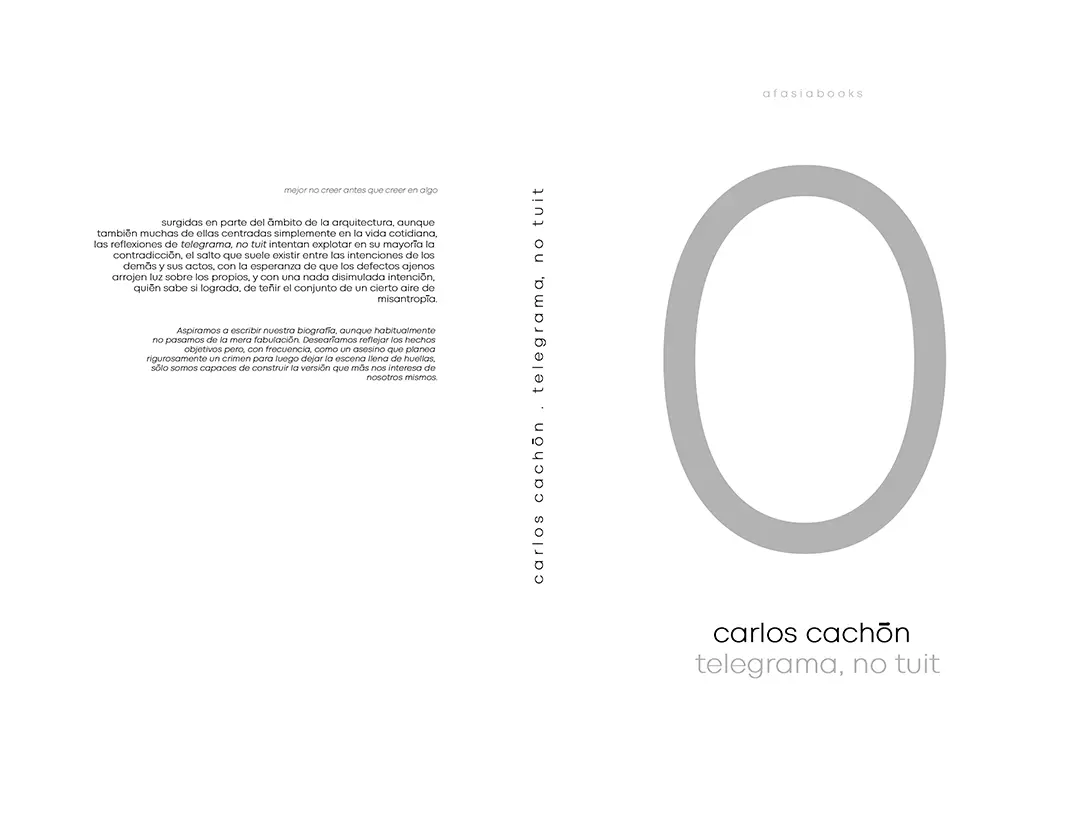Tod Williams Billie Tsien Architects . photos: © Michael Moran / OTTO . + interior design . archdaily
The current ice skating rink in Brooklyn’s Prospect Park serves fewer than 2% of the annual visitors to the Park – all concentrated in the coldest winter months. During the rest of the year, the rink is unusable. The new Lakeside Center at Prospect Park will replace the existing rink with a parking lot and the existing parking lot will be transformed into a place for recreational skating and hockey. This will be a destination that works as a sports facility and as a place for pleasure, where proficiency and poetry meet.
A building, with two levels, shelters two open-air ice rinks. In the summer, the exterior free form rink will be converted into a plaza with a water feature. The hockey rink which is under a large canopy will serve as a roller skating rink and a rentable event space in the off season. Large openings in the walls of the building promote passive ventilation and views to the parkscape and lake beyond. Existing large trees located at the perimeter of the building footprint will provide shade for visitors in the summer. The interior program consists of a large public atrium and ticketing area, skate rental and change areas, locker rooms, gift and pro shop, two cafés, party rooms, exhibit and display spaces, public education rooms, administrative offices, and service rooms for the building. Three stairs, and two elevators bring visitors up to the second level which has open air views onto the rink and beyond.
The lakeside design focuses on the scenic beauty of the site – Fredrick Law Olmstead and Calvert Vaux’s Prospect Park. Nestled into the landscape, the structure itself will be low in profile and energy consump¬tion. The building is dug into the earth to take advantage of the existing slope of the site. The resulting volume of earth will be used for the fill required to create the landscaped roof to the building. This green roof will make the structure unobtrusive as well as reduce storm water runoff and the urban heat island effect. Passive ventilation is a primary design element in all public areas of the site. Recycled and local materials will be used and new trees and shrubs will be primarily native and adaptive species, requiring little irrigation and supporting the local habitat.
It is interesting to note that all the waterways in Prospect Park are man-made and required considerable manipulation and engineering to appear as if they were always there. We aspire to do the same.
Lakeside Center, Prospect Park
Date of Completion: December 2013
Size: 30,000 SF

.jpg)
.jpg)
.jpg)
.jpg)
.jpg)
.jpg)
.jpg)
.jpg)
.jpg)
.jpg)
.jpg)
.jpg)
.jpg)
.jpg)
.jpg)
.jpg)
.jpg)
.jpg)
.jpg)
.jpg)
.jpg)
.jpg)
.jpg)
.jpg)
.jpg)
